The Collins Word of the Year 2022 is...
permacrisis

The Collins Word of the Year 2022 is...
permacrisis
‘Permacrisis’, a term that describes ‘an extended period of instability and insecurity’, has been named Collins Word of the Year 2022. It is one of several words Collins highlights that relate to ongoing crises the UK and the world have faced and continue to face, including political instability, the war in Ukraine, climate change, and the cost-of-living crisis. Six words on Collins’ list of ten words of the year are new to CollinsDictionary.com, including ‘permacrisis’.
Blog
Words of the Year
Competition
Sign up for our Newsletter here!
RELATED CONTENT
The world is facing multiple, interconnected, overlapping crises. Will this lessen over time or are we trapped in ‘permacrisis’?

There’s an idea that has been floating around the back of my mind for a while. In April, I read an article by Christine LaGarde, the President of the European Central Bank, on leadership during crisis. In this, LaGarde mentioned something that interested me:
Some say that we live in an age of “permacrisis”, where we move seamlessly from one emergency to the next. In just over a decade, we have faced the largest financial crisis since the 1930s, the worst pandemic since 1919, and now the most serious geopolitical crisis in Europe since the end of the Cold War.
She writes that many of today’s challenges have been present in the past but there are three factors which make the current situation unique:
- Scale and complexity. Global challenges, like climate change, now involve many more actors than in the past and therefore require much more complex coordination. Different places are also affected in very different ways and at different speeds, making generating and implementing solutions efficiently more difficult.
- The need for cooperation. Current and recent challenges, including the COVID-19 pandemic and the climate crisis, require working together as no country can tackle the problem alone. Furthermore, this requires cooperation beyond governments as civil society, private companies, and other actors are key to developing and implementing solutions.
- Collective action is becoming harder. This presents a challenge to meeting the need for cooperation. Public trust in governments is falling and the spread of fake news is creating conflicting narratives, sowing divisions. The world is also becoming more geopolitically fractured and security-oriented as tensions between countries like the US and China, or Russia and Ukraine disrupt supply chains.

What is the Age of ‘Permacrisis’?
I was intrigued by the notion of ‘permacrisis’ and found it often playing in the back of my mind while I analysed policy and political events during my studies and work. If the crises of this era really are combining in never-before-seen ways, how can we foster the right environment for collective action?
I followed LaGarde’s citation to a European Policy Centre article to learn more. This piece highlighted that the COVID-19 pandemic is something to live with, not overcome as it persists globally and more pandemics will occur in the future. Additionally, its economic impact is structural, meaning it will continue to impact countries over time rather than being a one-off event. Finally, COVID-19 has exacerbated what was already present in our societies: inequalities and the need for green and digital transformations. They argue that:
We are living in an age of permacrisis, with one challenge seamlessly followed by the next… Political uncertainty and change will remain our constant companions.
Alongside these pressures, we may see a return of old and familiar challenges due to changing international dynamics including the spread of authoritarianism. These challenges include migration, debt, and the deteriorating climate.
The article argues against the idea of a ‘new normal’ and instead proposes that we will have to continue to significantly adapt to an ever-changing environment which is fragile and unpredictable. In writing this, I don’t intend to be ‘alarmist’, instead I am interested in this new landscape and how it may change the traditional methods of governance and policymaking.

What impacts will this have?
The reality of an age of ‘permacrisis’ has many impacts on our society. A key consideration is that those without many resources will become even less resilient over time as multiple, interconnected, overlapping crises erode the little resources they do have. This will impact those in poverty across the developing and developed worlds.
For example, the COVID-19 pandemic has affected those in the middle classes, creating a large group of people who are in in-work poverty and are at risk of being unable to keep a safe home. Those who were already without basic needs have only become more disadvantaged. This has a real impact on people over time, leading to health problems and educational defecits if people do not have the resources to participate in basic life. Governments must begin to consider how to deal with this, otherwise inequality will grow even faster than it already is.
Another impact to consider is the fact that, in a world of relentless crises, governments are going to have to make decisions much quicker than they are used to. Each crisis will interact with other crises and exiting societal conditions in new and unpredictable ways. Traditional policy analysis may not be able to provide solid evaluation to inform government strategy. Instead, governments may have to rely on incomplete scientific information like in the COVID-19 pandemic.
This makes capacity building more important than ever. Throughout all levels of government and civil society, we must be able to react and adapt quickly with whatever we are presented with. There is no way to accurately predict what we will face but we can predict that it will be complex and require coordination within and between countries and beyond the government sector. We must also be open to new ways of doing things and using experimentation as a method to challenge our current preconceptions about how government and policy making should work. The age of permacrisis does not care that we have formed a status quo.

How do we move forwards?
The world is facing multiple, interconnected, overlapping crises. No single person, government, or organisation has all of the answers and tools that we need. Collective action is needed to respond to collective problems.
The notion of ‘permacrisis’ presents new challenges to the traditional methods of governance. This is an area I am very interested in and has fed into a lot of my thinking on other policy issues. I wrote this article to begin to formally form thoughts on this idea but also to help identify many of the questions I still have. This topic is a complex one which is essential to understand as we move further into this new era.
About the author: Lilybell Evergreen is an International Studies student who influences European political policy through work with the Council of the Baltic Sea States and the OSCE. She has also won an international policy paper prize. See her LinkedIn here.


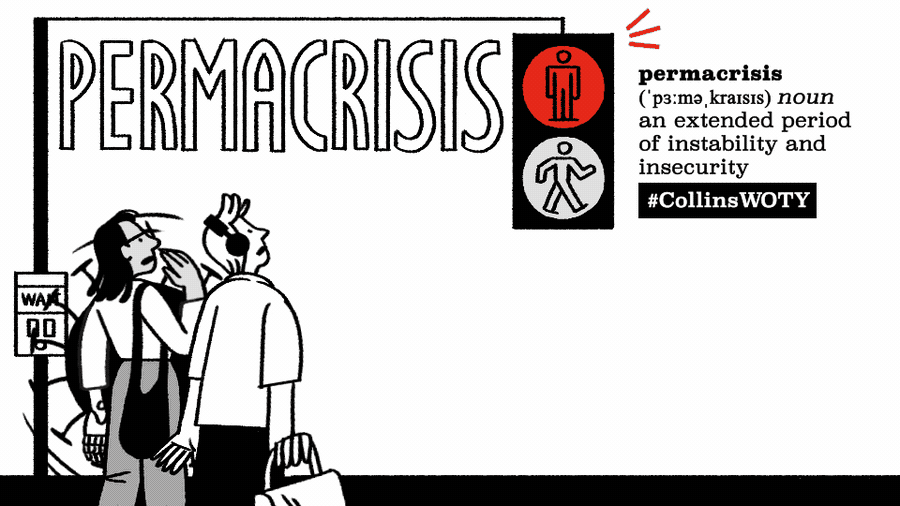

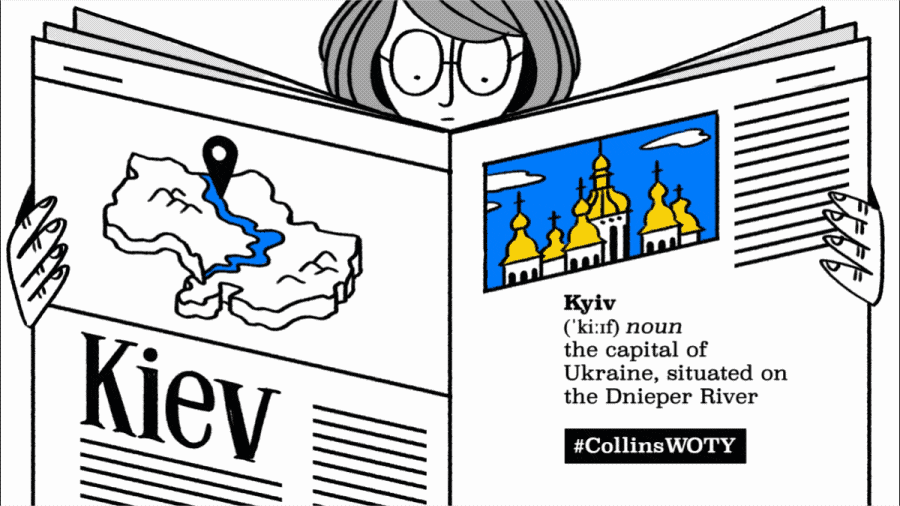
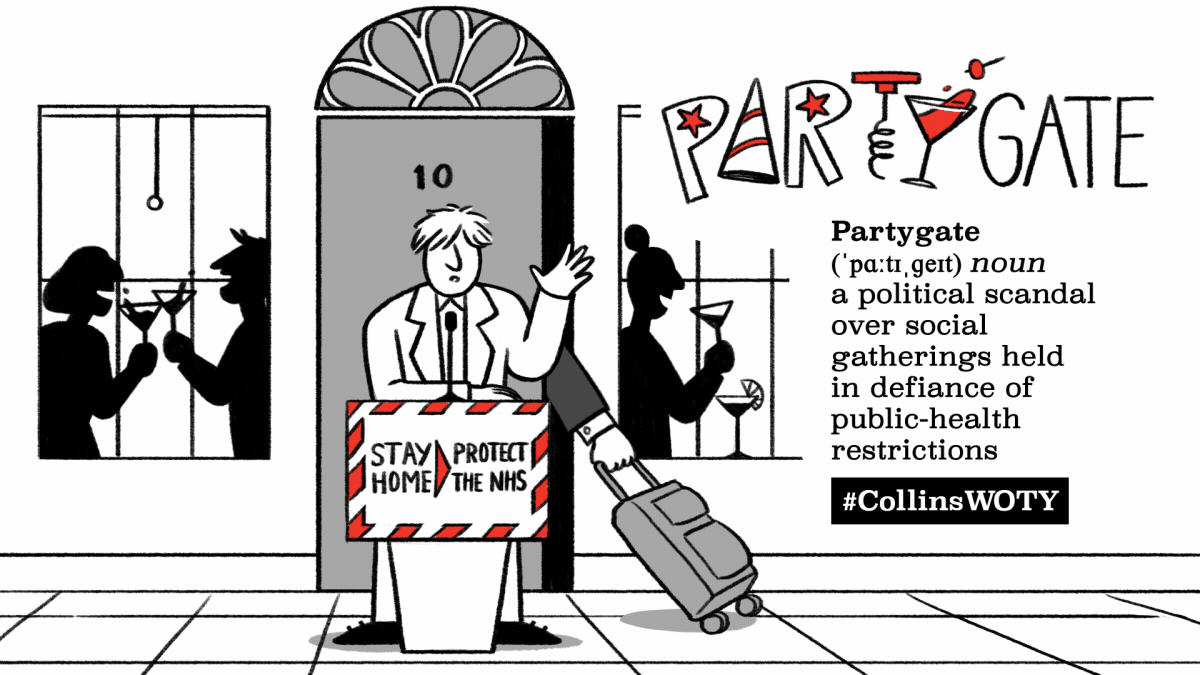
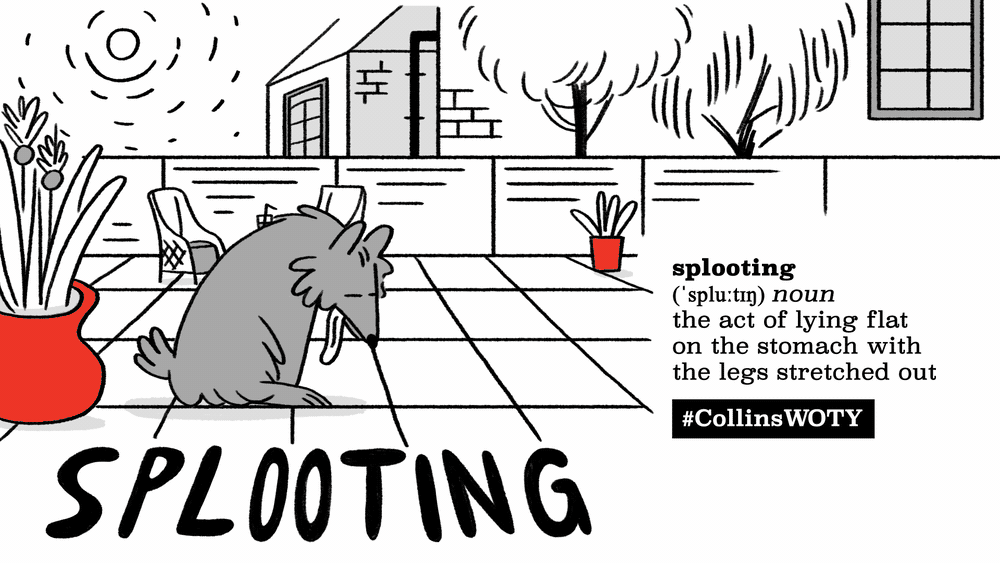

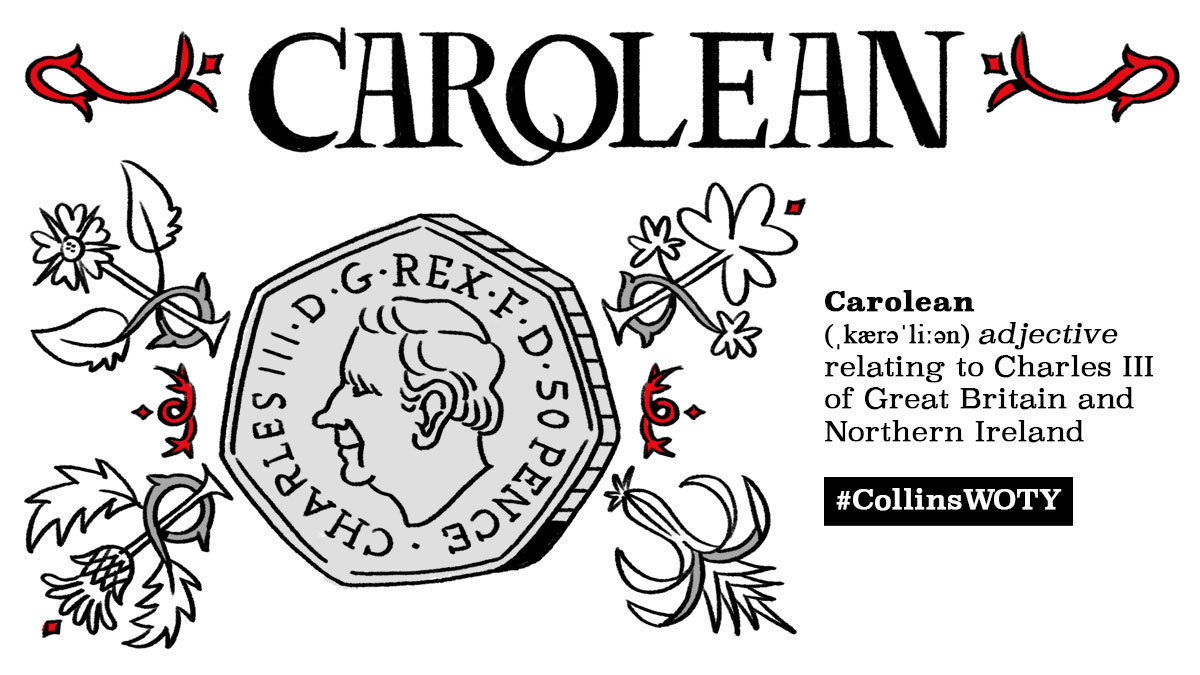
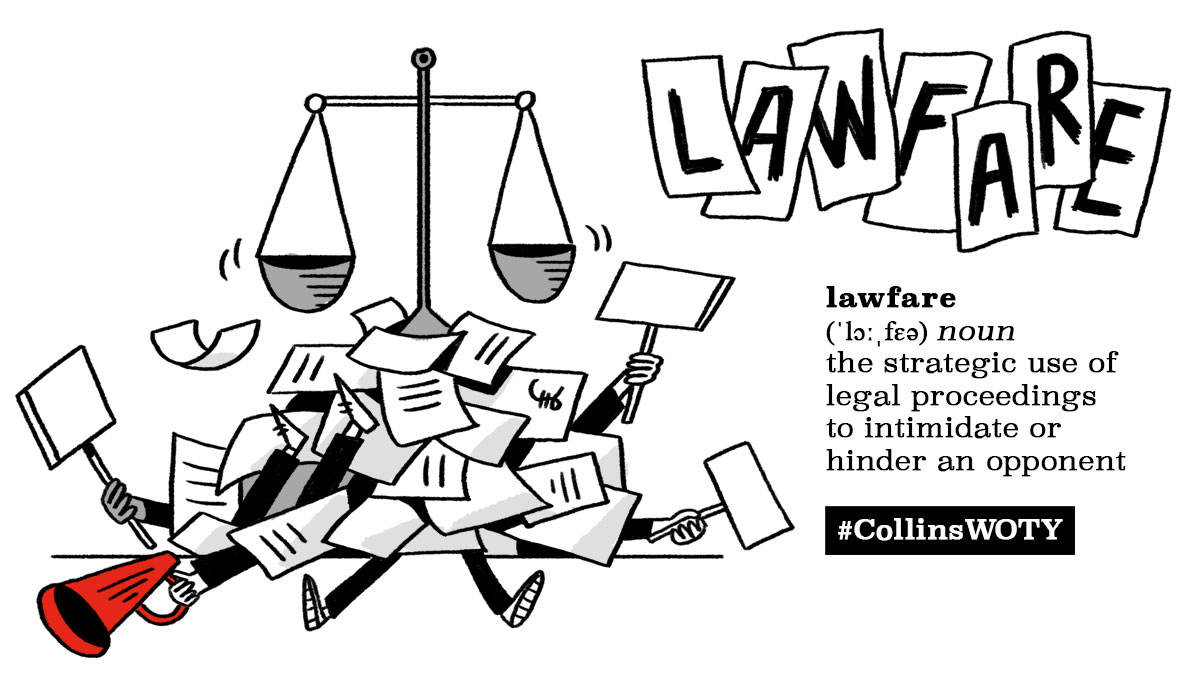


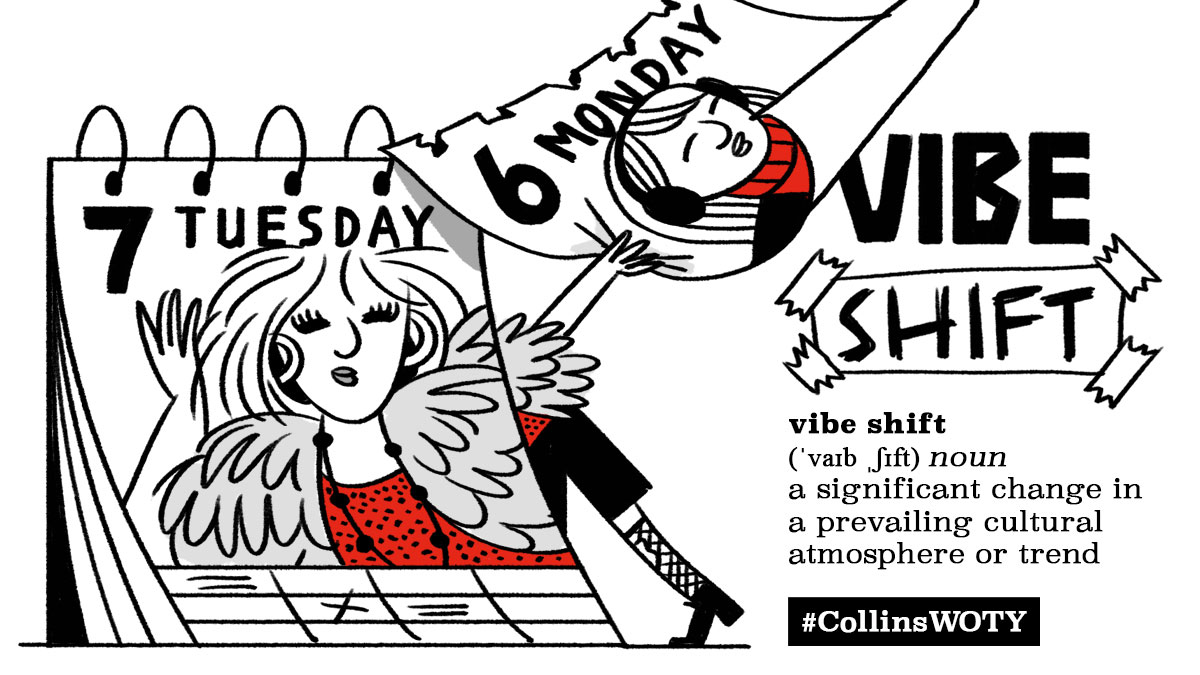

.png)


No comments:
Post a Comment